With Independence Day just around the corner, many Coloradans are gearing up to celebrate with parades, barbecues, and of course, fireworks. However, before lighting that sparkler or firecracker, it’s essential to understand what the law permits — and what could get you in serious trouble.
Fireworks Complaints Already Rolling In
Even before July 4 arrives, law enforcement agencies across Colorado have begun receiving reports of illegal fireworks use in neighbourhoods and public spaces. These early complaints are a reminder that fireworks regulations in the state are strict and taken seriously.
Legal vs. Illegal Fireworks: What’s Allowed?
Not all fireworks are illegal in Colorado, but their use is tightly regulated. State law permits only non-explosive, ground-based devices that are designed for minimal risk. These include:
- Fountains
- Wheels
- Ground spinners
- Snakes or glow worms
- Sparklers and dipped sticks
- Tube devices with showers of sparks (maximum 15 feet height)
Essentially, if a firework doesn’t explode or leave the ground, it’s more likely to be legal — though even these types may be banned in certain local areas.
Local Restrictions May Be Stricter
Colorado law allows cities and counties to impose tighter restrictions than the state standard. Local authorities can ban both the sale and use of even permissible fireworks, especially if there’s a high fire danger. These restrictions can be enacted between May 31 and July 5, based on regional fire risk assessments.
So, even if a firework is technically legal under state law, it might still be banned where you live. It’s important to check with your local municipality before making any purchases or plans.
High-Risk Fireworks Reserved for Professionals
Fireworks that explode or shoot into the air — such as bottle rockets, roman candles, and cherry bombs — are not for public use. These are restricted to licensed professionals certified by the Colorado Division of Fire Prevention and Control. These individuals conduct sanctioned public displays, which are the safest and most legal way for the public to enjoy aerial fireworks.
Licensing for Sale and Import
Only licensed businesses can sell fireworks in Colorado. There are four types of licenses issued, none of which allow fireworks to be sold directly to the public for at-home use. Even bringing fireworks into the state from elsewhere requires one of the following valid licenses: display retailer, exporter, or wholesaler.
Penalties for Breaking the Law
Violating fireworks laws in Colorado can lead to serious consequences. Using or selling illegal fireworks is considered a Class 3 misdemeanor, carrying penalties of:
- A fine ranging from $50 to $750
- Jail time of up to six months
More severe charges can apply if the illegal use leads to property damage or fire. Reckless conduct resulting in wildfires or structural damage can carry jail sentences of up to 12 years and fines as high as $750,000.
Local law enforcement agencies may also issue additional fines or penalties depending on the municipality.
Enjoy Fireworks Safely — and Legally
Even though at-home fireworks may be restricted, Coloradans can still enjoy the spirit of the holiday by attending official fireworks shows hosted by cities and towns across the state. These professional displays are designed with safety in mind and comply with all state and local regulations.
Before celebrating with fireworks this year, be sure to know what’s legal in your area. Not only will you stay safe, but you’ll also help prevent wildfires, injuries, and costly fines.

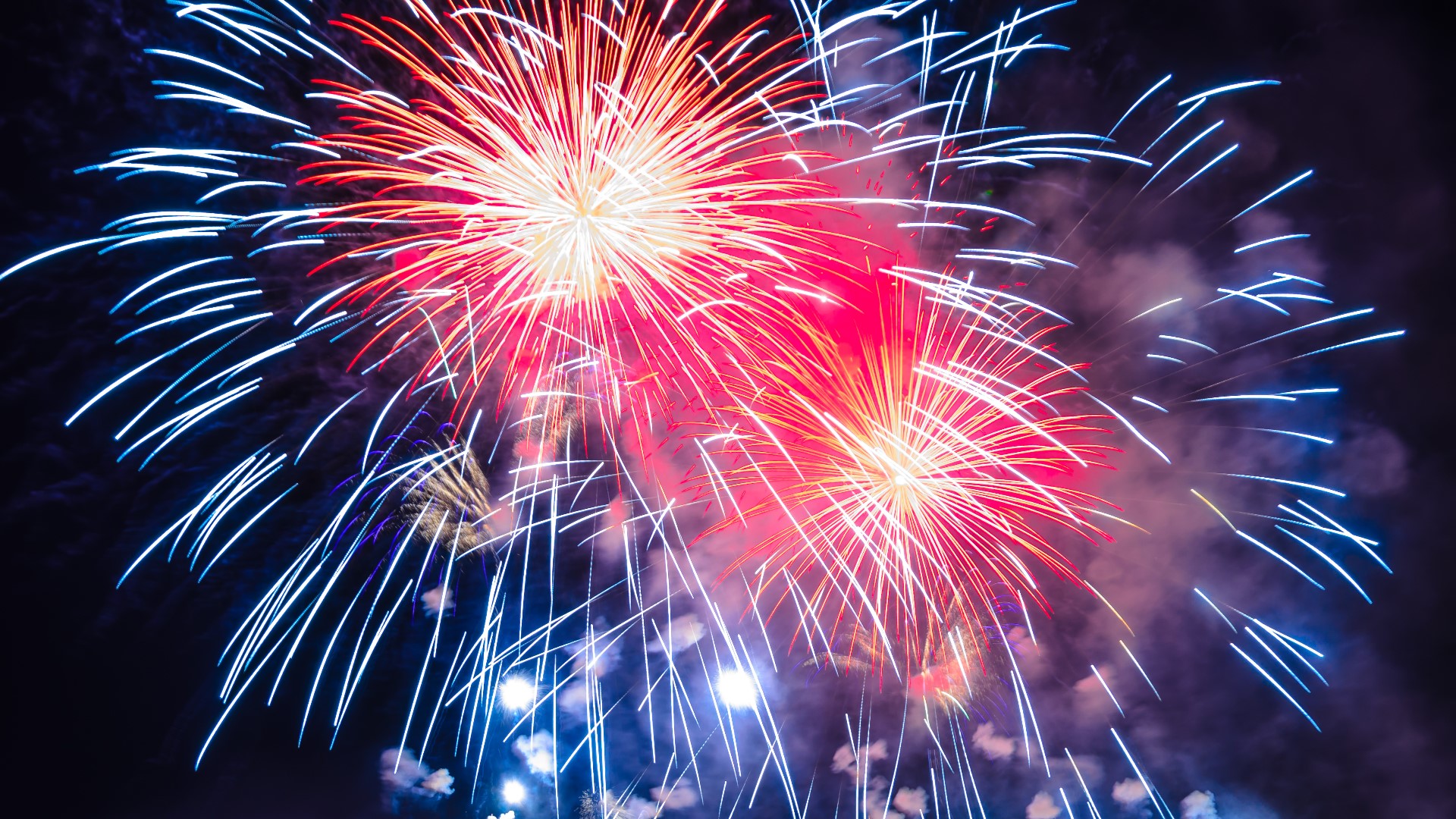

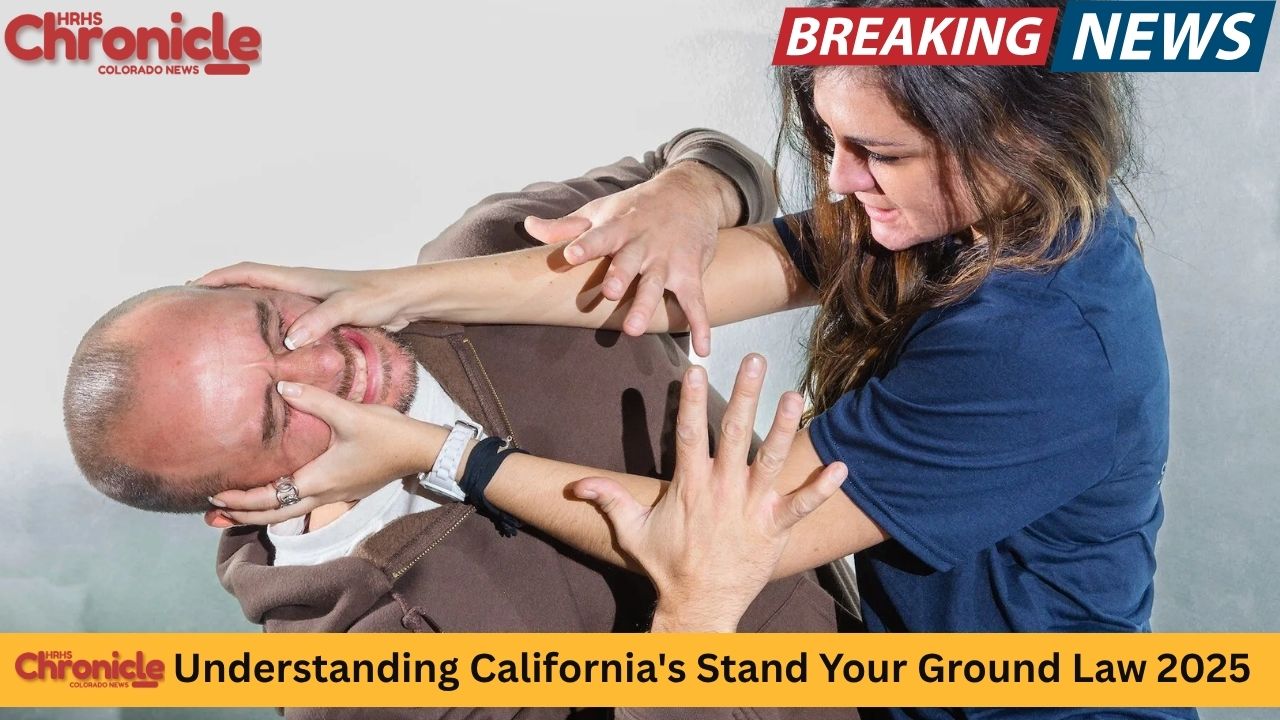
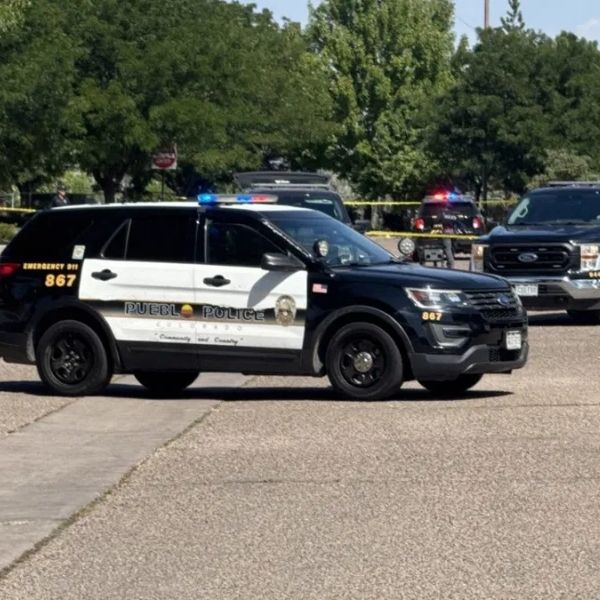
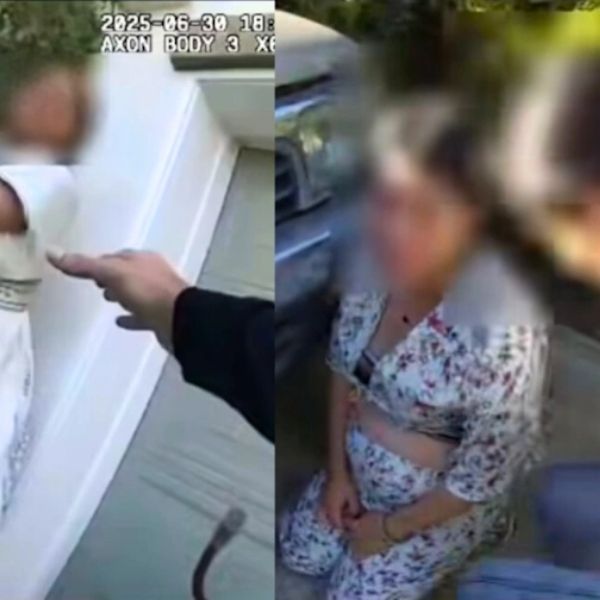




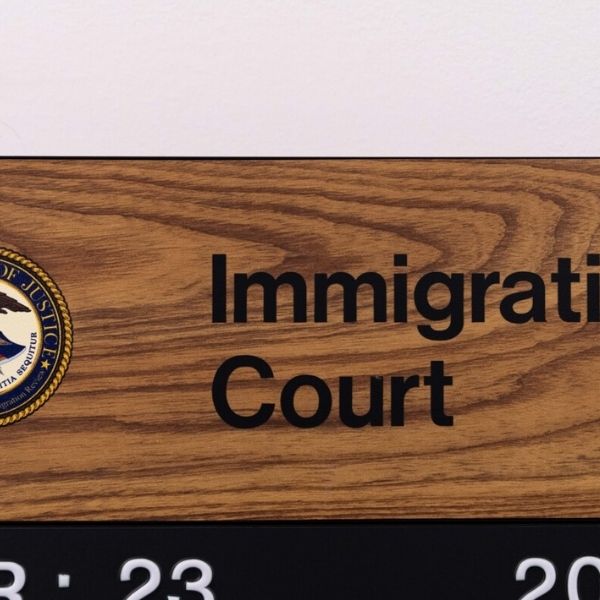
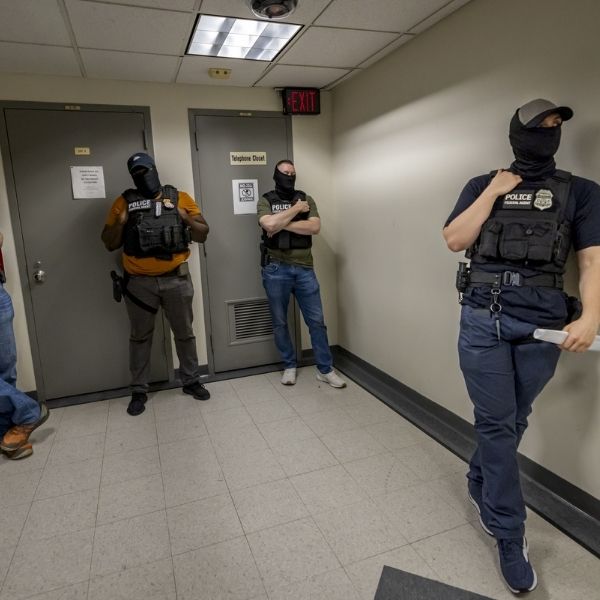
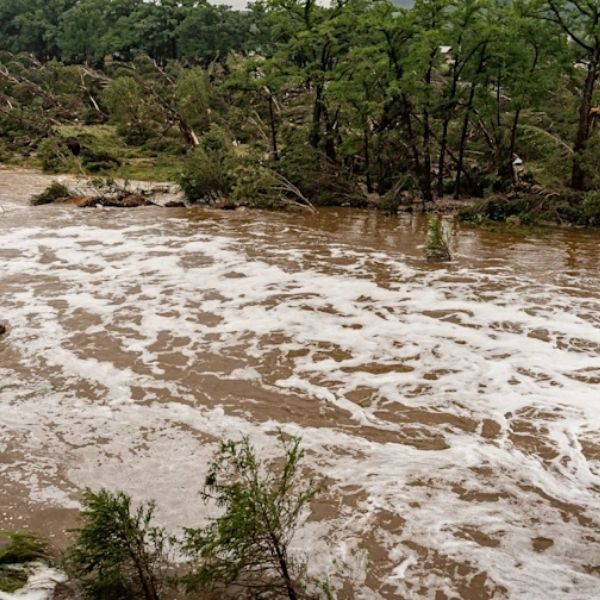



Leave a Reply